It was June and summer and lovely. Perfect weather. Flowers abloom. The pandemic easing. Colorado sunlight looked bright and shining and glorious. Then, I took a wrong step.
I leaped off the curb in front of my house and — pop! — twisted my right foot and ankle. I sunk to the ground, knowing from past injuries to that same ankle that I was in for a long road to healing.
Oh, little did I know. Before the week was out, that same foot developed gout. Yep, gout — a condition I rarely mention because it’s still wrongly associated with only eating rich foods, which isn’t what causes it. Now, doctors know other causes, including genetics, dehydration, stress, and the list goes on.
Either way, my poor foot — for week after painful week — remained inflamed, swollen, and tender. Finally, after two long months, with summer now waning, I was able to walk without pain and get back into regular shoes. I rejoiced, indeed, to arrive finally at the end of a long but merciful recovery. But what did I learn during this trial?
Seeking God’s Word for insight, I was surprised by His answer: Remember Me.
For the problem? No, but to remember God for His merciful help during all the times that are good and that our well-being comes from Him. Thus, during tough times, it’s encouraging and healing to remember that He is the One who delivers us.
That, I learned, is a victorious way to walk during life’s pains, disappointments, and upheavals. Instead of walking with our focus on the problem, we walk, remembering the God who overcomes them. We recall who God is and the depth of His power. We remember the possibility of His healing and the kindness of His grace. We recount the glory of His promises and when and how He has delivered us in the past.
During the months of healing, I made a mental list, remembering the times that the Lord had turned seeming defeats into merciful victories. But why? To remember that this was for His glory.
That’s why Hezekiah asked for war victory: “Now, Lord our God, deliver us . . . so that all the kingdoms of the earth may know that you, Lord, as the only God” (Isaiah 37:20). Moses taught that lesson to the children of Israel as he prepared them to live in obedience and victory in the Promised land: “Remember how the Lord your God led you through the wilderness . . . For all these forty years your clothes didn’t wear out, and our feet didn’t blister or swell (Deuteronomy 8:2,4). Further, Moses said, “Obey the commands of the Lord your God by walking in his ways and fearing him,” (Deuteronomy 8:6). Then, during better days, “be sure to praise the Lord your God” for carrying you there (verse 10).
A wilderness experience can stir up such remembrance if we allow it, turning our attention from what we’re going through to God’s ability to deliver us from even the worst of it.
My trial time, otherwise, would have been a loss. Wiggling my toes gratefully now, I might wrongly say “I have achieved this (well-being) with my own strength and energy” (Deuteronomy 8:17). Instead, in my wilderness, I got a fresh lesson in walking humbly before God, remembering Him every step of the way — recalling that our well-being always comes from Him. Then, we walk humbly with him.
So, I get up and walk to church. I walk outside to sit in the sunshine. I walk into a photo studio to take an updated photo — smiling wide in it — instead of cancelling my appointment. I recall that in Christ, we can make it through our bad times, disappointments, ankle sprains, a pandemic, and more. Never forgetting who He is, we get up to walk with the One who always goes before us. Then, in Him, with Him, we never walk alone.


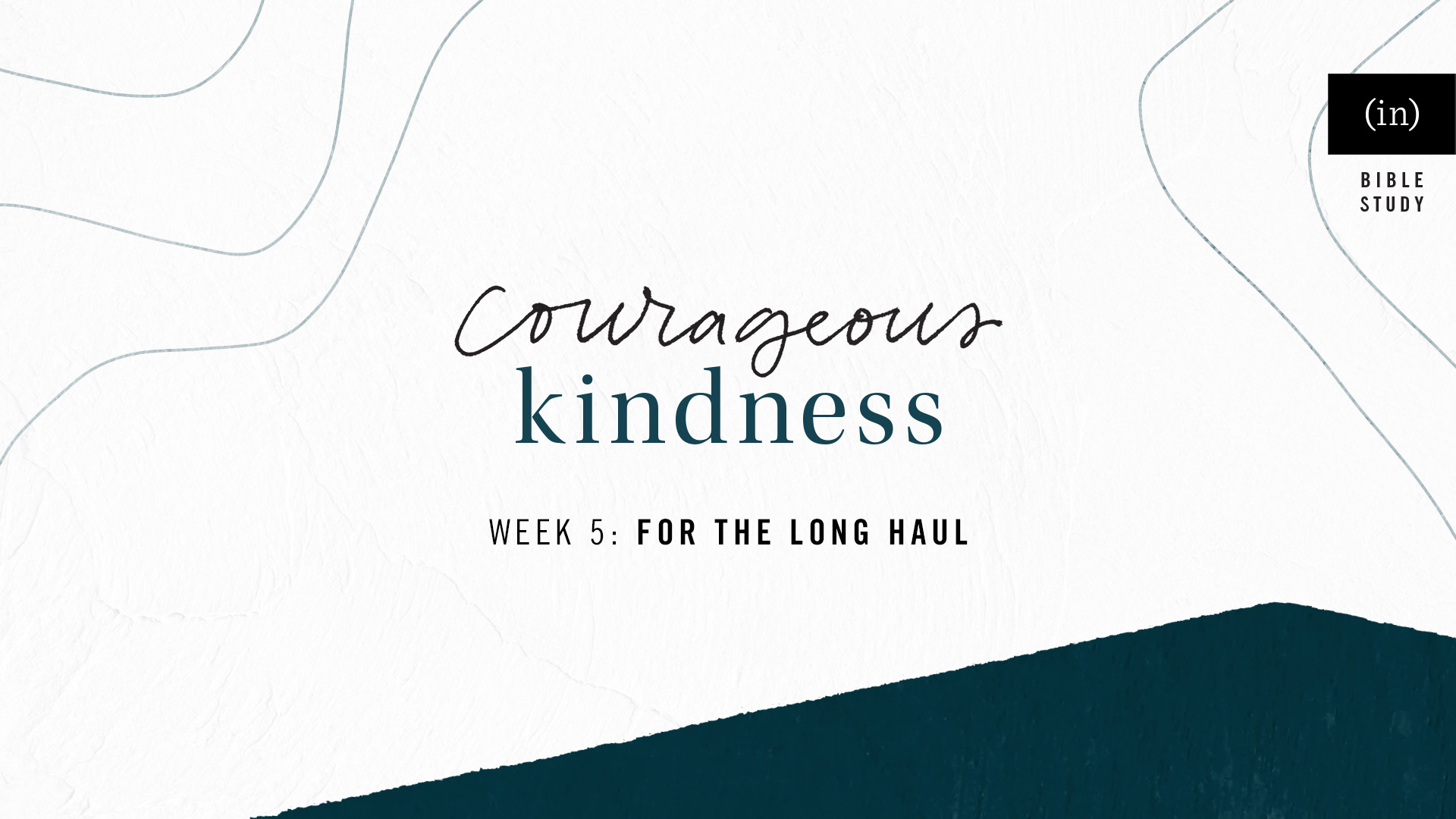
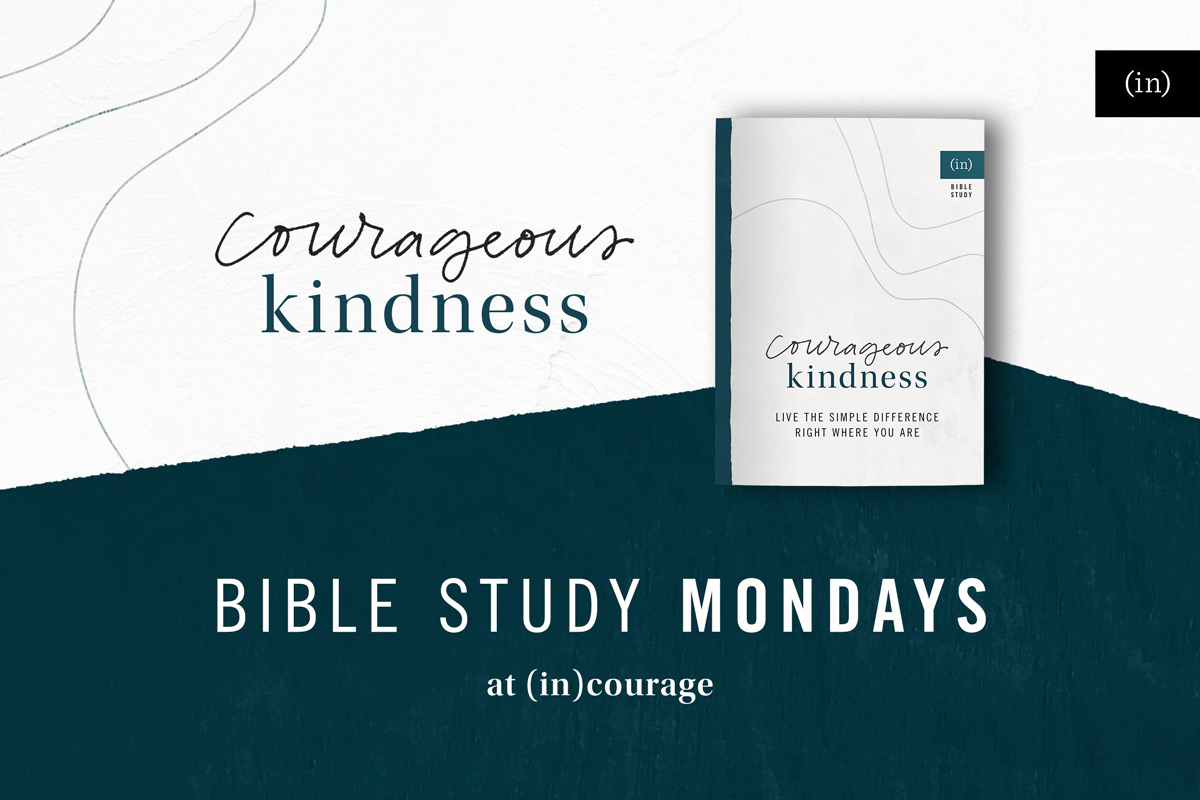
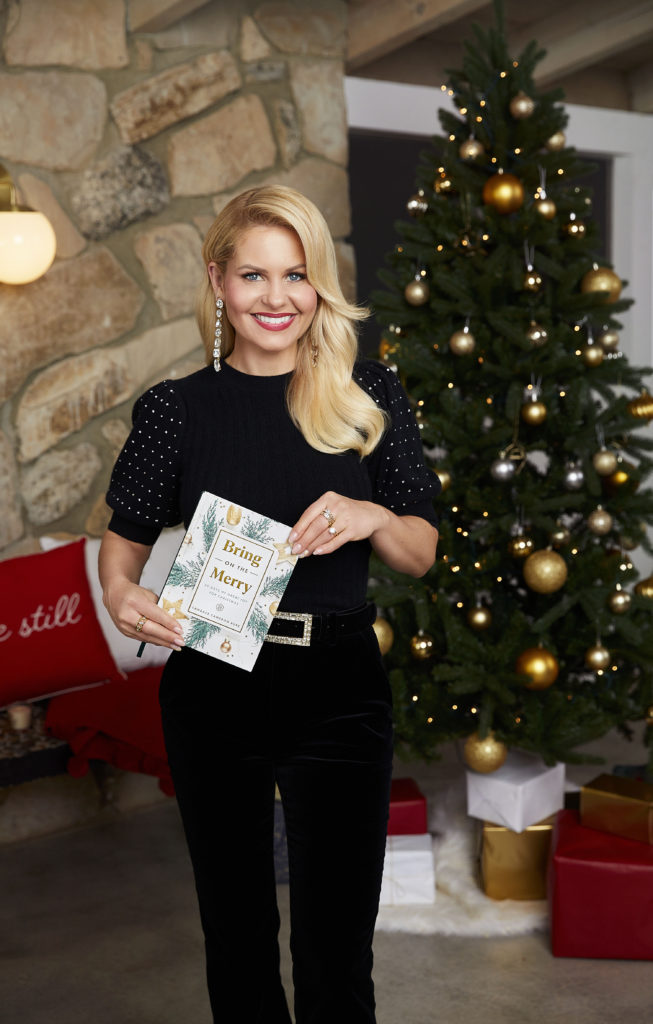
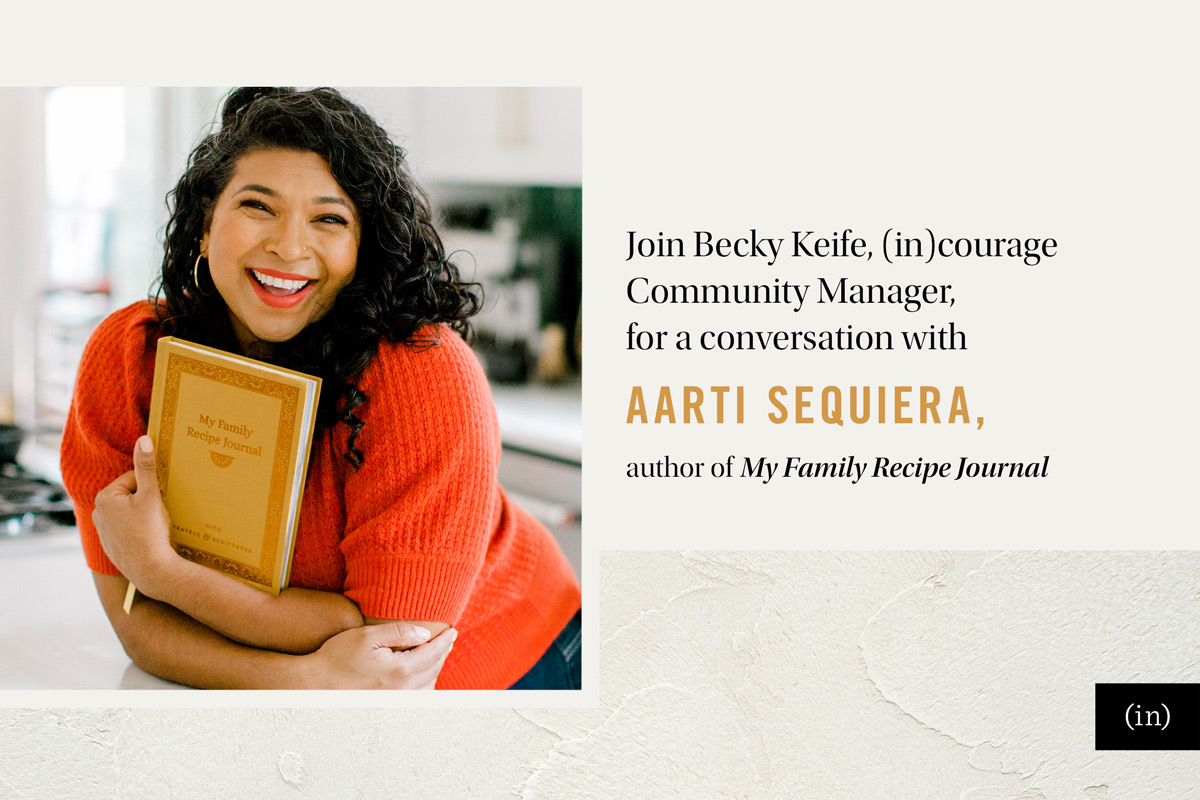
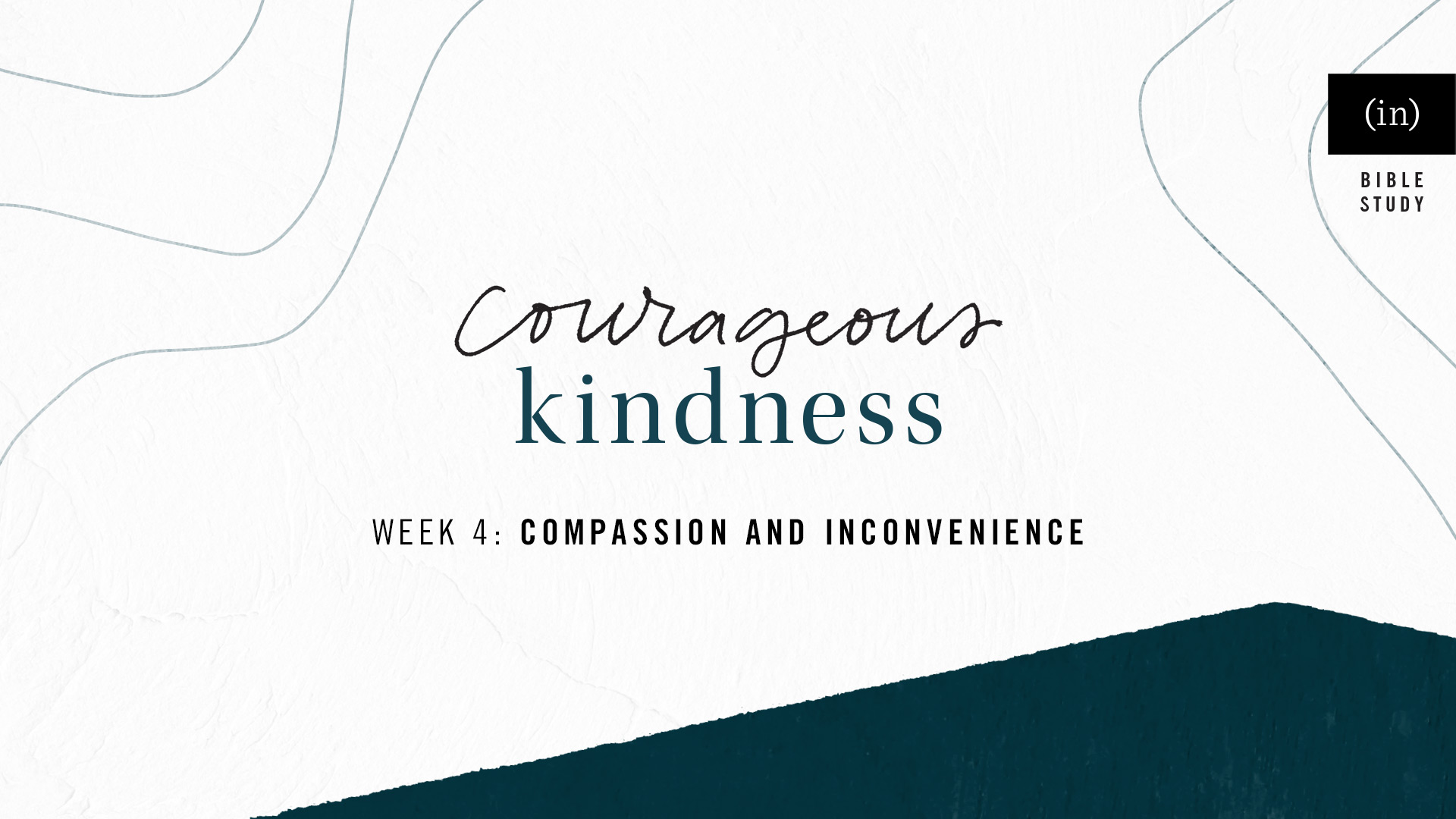 When we think about courageous “as we go on our way” kindness, it’s easy to want to look at it through a shiny Instagram filter. As in, how nice to hold the door for a hands-full mama as you walk into a store. Or how kind to pick up the tab for the person behind you in the drive-through line. Sure, such small gestures are great and will probably put a smile on someone’s face — maybe even assure them that a total stranger (and God) is mindful of them.
When we think about courageous “as we go on our way” kindness, it’s easy to want to look at it through a shiny Instagram filter. As in, how nice to hold the door for a hands-full mama as you walk into a store. Or how kind to pick up the tab for the person behind you in the drive-through line. Sure, such small gestures are great and will probably put a smile on someone’s face — maybe even assure them that a total stranger (and God) is mindful of them.